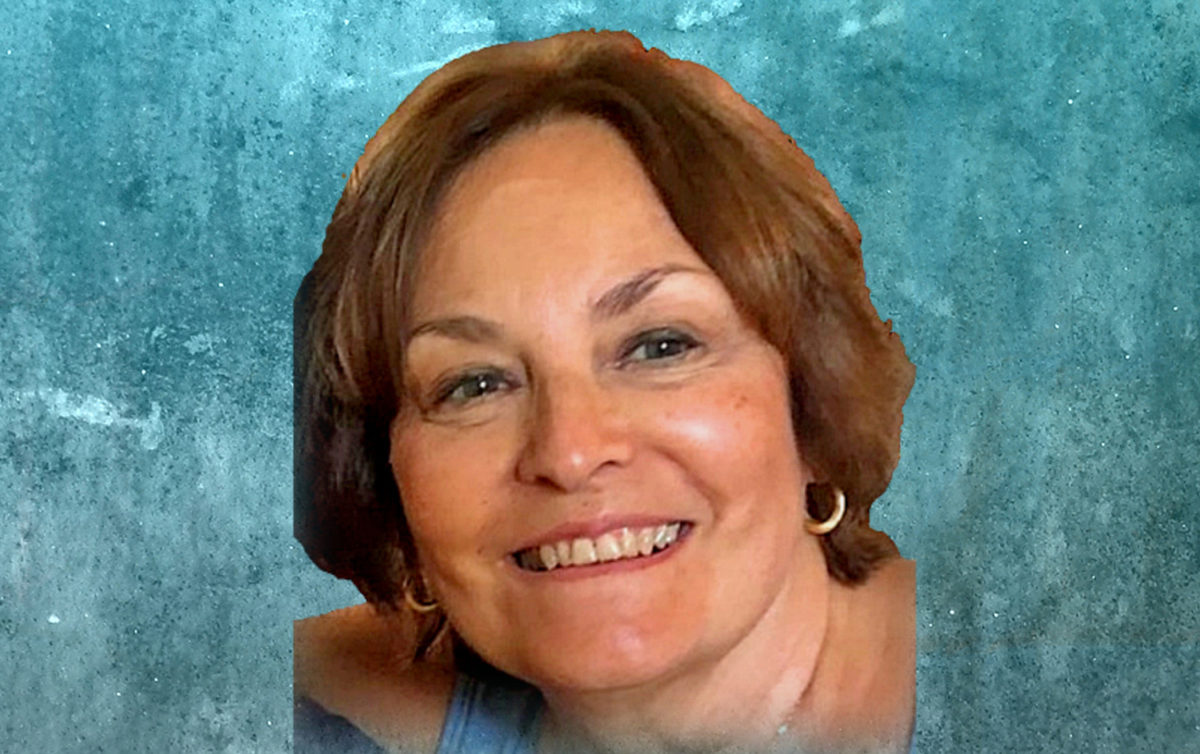The cost of health insurance had been a struggle for Diane Steele for years. Even the plans offered by her husband’s employer were too expensive when they had children at home. For a while, the family had to go without insurance. When Diane learned about health share programs, she saw this as an affordable way to protect her family.
Health share programs (sometimes called medishare or healthcare sharing ministries) are faith-based programs in which members pay a monthly “share” (notably not called a premium), which is pooled together with other members to pay for approved medical expenses.
While health share programs have been around for decades, because they are significantly less expensive than traditional health insurance, their popularity has increased in recent years as healthcare costs and insurance rates have skyrocketed. Part of the reason they are less expensive is they are not actual health insurance.
Program guidelines for what will be covered are often limited and may be determined by religious beliefs rather than medical need. Some health shares, for example, specifically exclude things like birth control, addiction treatment, or conditions related to smoking or alcohol abuse. Health share programs may even require members to sign a statement of faith, and some require verification of regular church attendance.
Because these programs have a religious affiliation, they also are not subject to mandates imposed by the Affordable Care Act (ACA), such as coverage for preexisting conditions and no lifetime caps on coverage. Most also specifically exclude drug coverage, especially for long-term treatment of chronic conditions such as diabetes or heart disease. Instead, members are steered to prescription discount cards like GoodRx and NeedyMeds to help pay for insulin and high blood pressure medication.
“We went with the health share because of the cost, and because we liked the idea of helping other people,” Diane says. “The funds go into a universal plan, and as people need it and qualify for it, they cover your costs. The only thing is you have to get approval up front for any kind of major outlay.”
Having to get approval for major healthcare expenses seemed like a small concession for Diane and her family, one that seemed routine when her husband needed major open-heart surgery a few years ago. The health share covered all of the expenses of that hospitalization with little hassle.
When Diane was diagnosed with chronic inflammatory demyelinating polyneuropathy (CIDP) in 2017, however, she discovered limitations that were much more of a hassle. CIDP is a rare disease of the nerves and muscles in which inflammation causes disabling numbness, weakness, and pain in the legs and arms. It is a chronic condition that often requires a lifetime of treatment.
“I was so sick,” Diane says. “I couldn’t walk. I couldn’t drive. I was basically in a wheelchair most of the time. And I was gradually getting worse and worse.”
Among the medications her neurologist prescribed for the condition was Gammagard, a form of intravenous immune globulin therapy (IVIG). This treatment, derived from donated human plasma, is very expensive, but it’s also very effective for a wide variety of autoimmune conditions like Diane’s. IVIG treatments did allow Diane to return to a more normal life, one that no longer includes a wheelchair, but the health share refused to pay for it.
“I worked and worked with the health share,” Diane says. “I talked to all kinds of people over there, and often had to ask for the supervisor’s supervisor. It was so complicated. They didn’t even know what Gammagard was.”
The health share required Diane to have a number of different tests to prove the diagnosis. They also required her to try other, less expensive medications (a process known as step therapy) to show that these treatments didn’t work for her condition. And they wouldn’t approve it just based on the doctor’s prescription. Her neurologist had to send them an extensive written report to justify the scientific basis for using IG for Diane’s disease.
To be fair, Diane’s experience with the health share program was not unique. Even traditional health insurance companies require preapproval for expensive treatments like IG therapy. Many also impose limitations on doses or frequency. There is often a large copay, and some will completely deny coverage for the treatment, especially if it is being prescribed off label (for a treatment that is not approved by the FDA for a particular condition).
But even after jumping through all these hoops, the health share only approved the treatment for forty-five days as a test to see if it would work. And the dose they allowed was also lower than what the doctor prescribed. Even when it did prove to be effective, the health share refused to cover the cost.
After the forty-five-day trial period, Diane worked with her specialty pharmacy to access the life-saving treatments she needed. They helped her apply for a special patient assistance program through the manufacturer that provided the medication for free. The specialty pharmacy then provided the nursing services and supplies at no cost. They also helped her apply for Social Security Disability, which would allow her to enroll in the more comprehensive benefits available through Medicare.
Diane’s story is a cautionary tale that underscores the need to know what you’re buying when you purchase healthcare coverage. All plans have restrictions and limitation. But when a plan is so inexpensive compared to the norm, you have to be especially careful to understand what they will pay for and be sure it covers the care you need.
